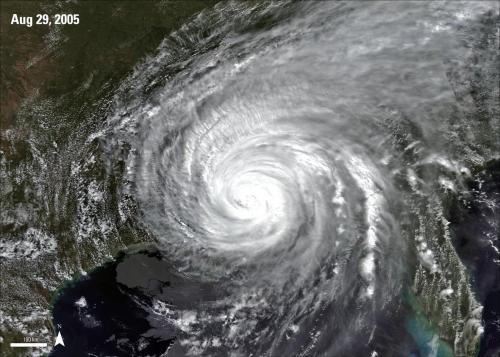
The 20th anniversary of Hurricane Katrina has arrived, with some of the most critical questions surrounding the storm's impact still yet to be fully answered.
Yet, we have also learned a great deal. Tulane University's Celia Scott Weatherhead School of Public Health and Tropical Medicine has engaged in multiple studies to look at and address the many impacts from the storm in the two decades since the storm decimated New Orleans and large swaths of the Gulf Coast.
Kativa Nola took a closer look at Vietnamese-American families and how their cultural bonds and community structure accelerated their recovery, whereas GCAFH (Gulf Coast Child and Family Health Study) took a broader sample to document recovery efforts among larger populations utilizing FEMA.
DNORS (Displaced New Orleans Residents Study) examined migration patterns and mental health impacts, while New Nola analyzed unequal repopulation in the New Orleans area.
To wit, a decade after the storm, several families were still having trouble transitioning to new communities or back home, documented by Katrina@10 and others. The Center for Studies of Displaced Populations along with texts such as Mark VanLandingham's "Weathering Katrina" helped further that knowledge.
We know that more loosely tied communities had a harder time coming back. We know working families were hit hardest economically. We know that the storm affected development in children and led to higher rates of asthma and behavioral issues. And we know that for families that did return, they often encountered gaps in coverage from missing medical providers.
Public health is understanding the impacts of storms like Katrina.
Perhaps more critically (or at least more broadly), public health is research that protects communities.



